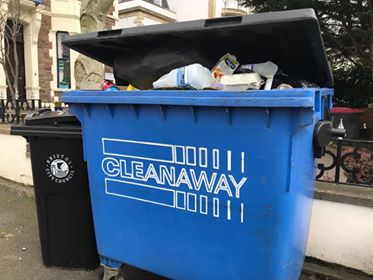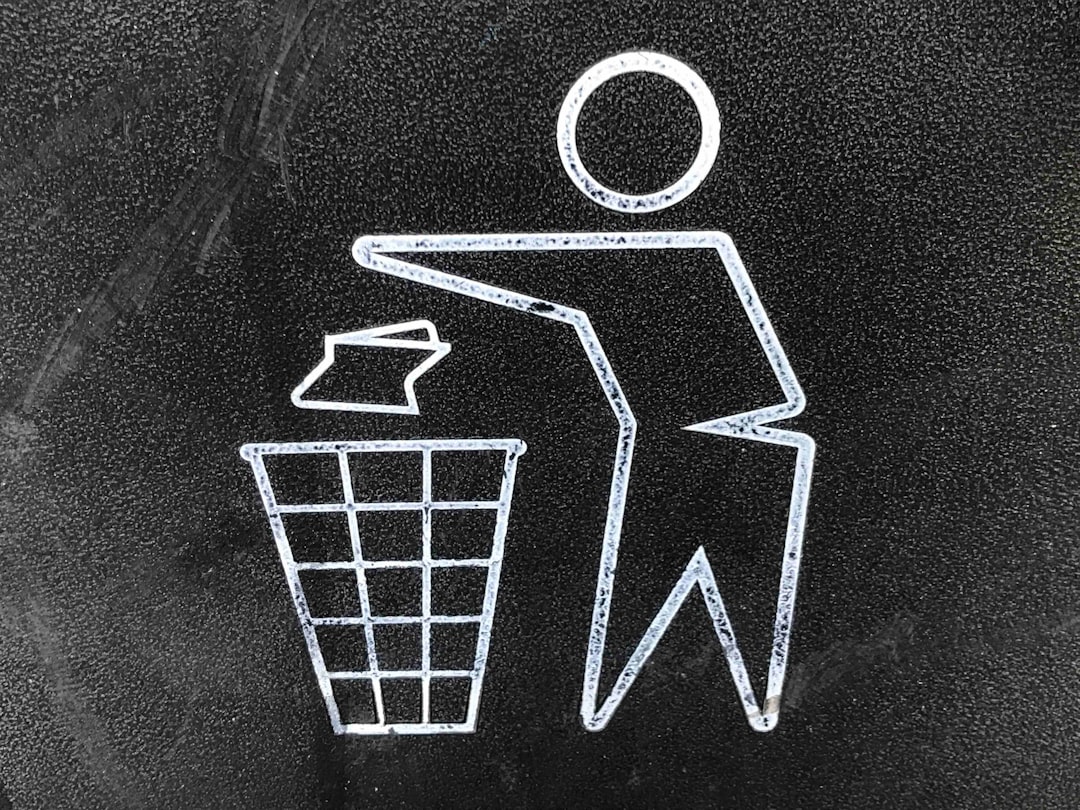Deputy Features Editor Dani Bass discusses the concept of 'freeganism' and the activity of bin diving
The idea of searching for your food in supermarket bins may sound highly unappealing, but ‘bin diving’ is becoming increasingly popular among students. Whether it’s to help reduce waste, save money or just for the sheer thrill of it, students are sneaking into their local supermarket dumpsters in an attempt to find some freebies.
Bin diving is most common in pro-green groups to reduce their ecological footprint, as well as with anti-capitalists who take up the activity in protest against the modern day ‘throw-away’ approach of consumer culture.
In the UK we waste around 40% of food, that is more than 15 million tonnes a year
Wayland, a third-year Bristol student, said that ‘The motivation to bin dive for me is to save food waste which is a huge contribution to global warming and to save money.’
He added that ‘Bin diving is pretty hit and miss. I've got huge amounts of soda bread in the past and my friends once found loads of smoked salmon. The best spots are behind any big supermarket where they keep their bins.’ He did also reveal the harsher consequences of bin diving, stating that ‘a friend of mine has been given a criminal record due to bin diving which is ridiculous!’

Epigram/Dani Bass
Bin diving does addresses the huge issue of waste. In the UK we waste around 40% of food, that is more than 15 million tonnes a year. Due to health and insurance laws, supermarkets are forced to throw away products after their sell by date, forbidding supermarkets from distributing their left-over foods to the homeless or hungry.
A recent BBC article interviewed Birmingham students who regularly take part in bin diving. They believe that supermarkets aren’t doing enough to combat waste and are instead overproducing and throwing away perfectly edible foods purely because they can no longer yield profit. They aim to raise awareness of the vast amount of waste as well as collaborate with redistribution organisations. Many organisations are attempting to combat this problem. ‘Food not bombs’, an anti-hunger group, use the model of ‘bin diving’ to take food which has been discarded and give it to people in need.
it is debatable whether bin diving is fully legal
The group of people who pioneered this activity of bin diving are known as freegans. They employ strategies which aim to limit consumption and recover waste. Just as vegans refrain from eating animal products in an act of protest against animal exploitation, freegans refuse to buy anything to boycott the food industry.
If the idea of doing your weekly shop by rummaging through supermarket bins grosses you out, then maybe you can use this approach to find other, non-perishable items. Bin diving is not limited to food, many freegans collect books, clothing, technology and furniture from bins. An American Youtuber admitted to going bin diving for cosmetic products and videoed herself one night as she fumbled through rubbish. She estimates that she has found £950 worth of cosmetics.
However, as Wayland pointed out, it is debatable whether bin diving is fully legal. As the UK law stands, once an item has been discarded, it is considered abandoned and therefore no one’s property. Despite this, problems arise when people go bin diving on private land as this could result in prosecutions of trespassing. As well as issues with the law, bin diving raises health concerns as some fear its lack of sanitation and hygiene.
The activity of bin diving may seem a radical response to waste. However, even if we do not participate in such extreme methods, it is important to do our bit to help combat waste, however great this may be.
Featured image: Unsplash/neONBRAND










